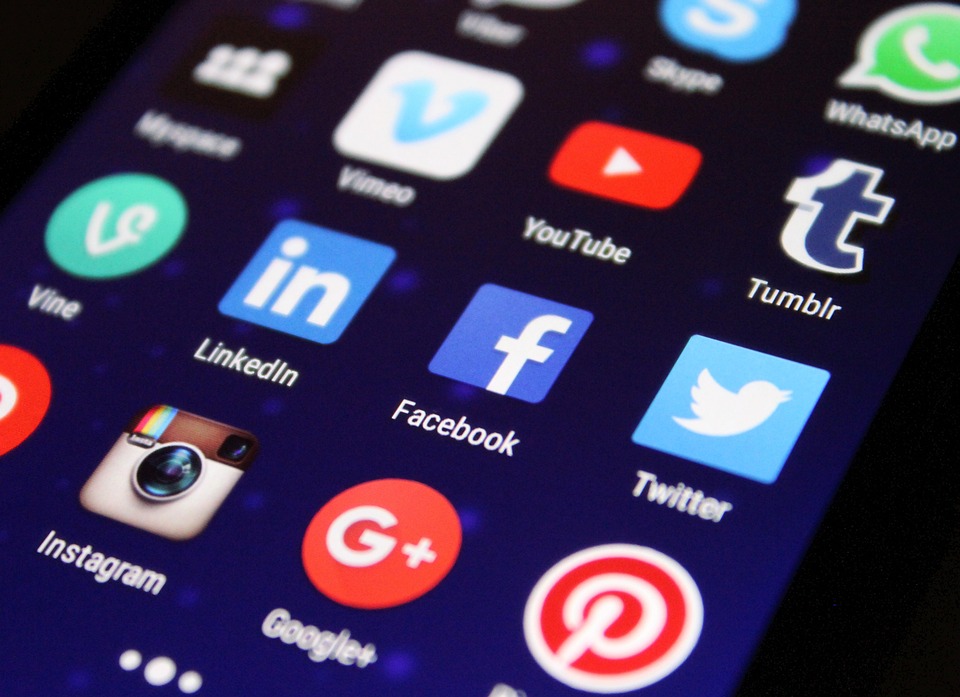Social media proliferation among the youth has grown profoundly over the years. Children aged 13-17 years have social media accounts, with over a third using the platforms constantly. Although age 13 is the minimum age for creating social media accounts, younger children use the accounts.
A Social Media and Youth Mental Health Advisory report found that 40% of kids aged 8-12 years use social media accounts. While the platforms help create a sense of community, especially for young people living in marginalized areas, studies show prolonged social media use harms their mental health. According to the survey:
- There’s a strong correlation between social media cyberbullying and depression in young people
- Two in three adolescents report getting exposed to hate content on social media platforms
- Teenage girls are more likely to experience online harassment and cyberbullying, which can cause negative emotions associated with mental health problems
In the next part, we explain how social media use impacts mental health and ways parents and teachers can protect kids.
How Social Media Use Affects Mental Health
Excessive social media use has been found to disrupt kids’ and adolescents’ mental health. The platforms are designed to optimize user engagement, causing users to spend extended periods.
Features such as autoplay, push notifications, and likes keep users glued to screens for hours. A study on social media use found that 8th and 10th graders spend 3.5 hours a day.
It’s this excessive use that is linked to mental health problems like depression, anxiety, and moodiness, to mention a few.
Research shows that people who use social media regularly experience changes in the brain structure almost similar to drug users or gamblers. What’s more, the participants experience sleep problems, feelings of exclusion, and attention problems, potential signs of mental health conditions.
Poor sleep, for example, alters a teenager’s neurological development, leading to depressive symptoms and suicidal behavior. Another study review found that adolescents who spent extended periods on social media were diagnosed with attention-deficit/hyperactivity disorder (ADHD).
For as he thinketh in his heart, so is he: Eat and drink, saith he to thee; But his heart is not with thee (Proverbs 23:7).
In addition, social media-induced fear of missing out is associated with mental health problems like anxiety, depression, and neuroticism.
Ways Parents Can Protect Children and Teenagers from Mental Health Problems Caused by Social Media Use
Social media is causing more harm than good to many youth and children. However, parents can take on a proactive role in protecting kids by:

- Leading by example: Kids learn by observation, so if you spend copious amounts of time on social media, they’ll likely follow suit
- Developing family programs: Such arrangements allow a specific amount of time for gadget use, watching movies, or playing games. This way, kids only use their devices in a particular period and then indulge in other constructive activities
- Encourage in-person interactions at home: Digital devices often replace the healthy interactions families should have during mealtimes. Parents should cultivate family relationships and create bonds with kids regardless of their age
- Collaborate with other parents: You could work with other parents to develop norms and practices for implementing boundaries on social media use
The Bottom Line
Parents, educators, and caregivers need to be actively involved in children’s online activities to mitigate these potential negative impacts. Open communication, setting limits on screen time, promoting a healthy balance between online and offline activities, and teaching digital literacy skills can help children navigate the digital world more safely. Additionally, fostering a positive and supportive offline environment can contribute to resilience against the potential adverse effects of social media.








Your article helped me a lot, is there any more related content? Thanks!
I don’t think the title of your article matches the content lol. Just kidding, mainly because I had some doubts after reading the article.
Thank you for your sharing. I am worried that I lack creative ideas. It is your article that makes me full of hope. Thank you. But, I have a question, can you help me?
Thanks for sharing. I read many of your blog posts, cool, your blog is very good.
Can you be more specific about the content of your article? After reading it, I still have some doubts. Hope you can help me.